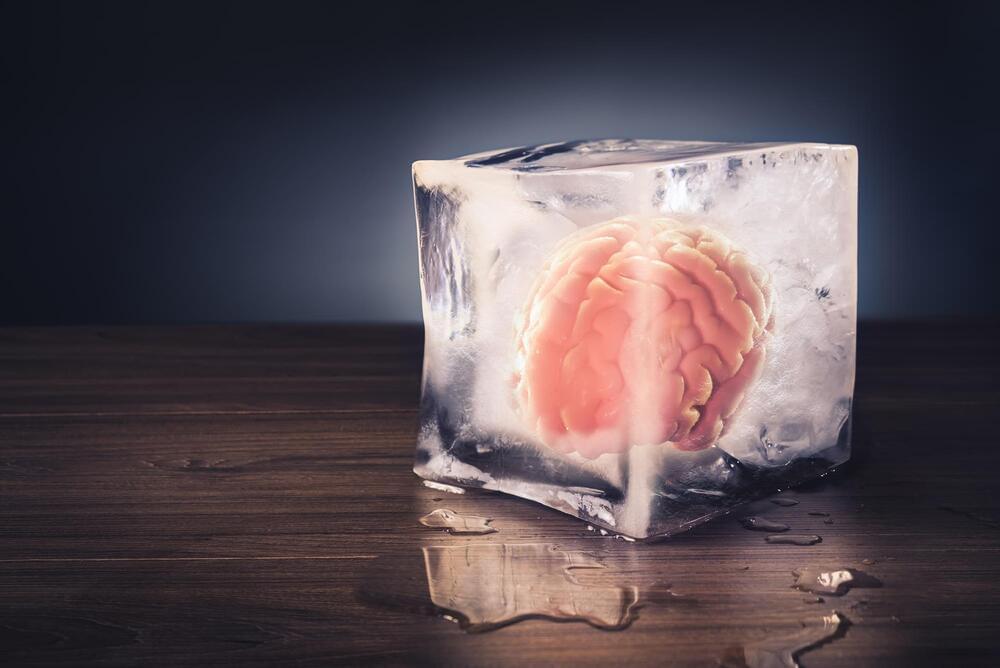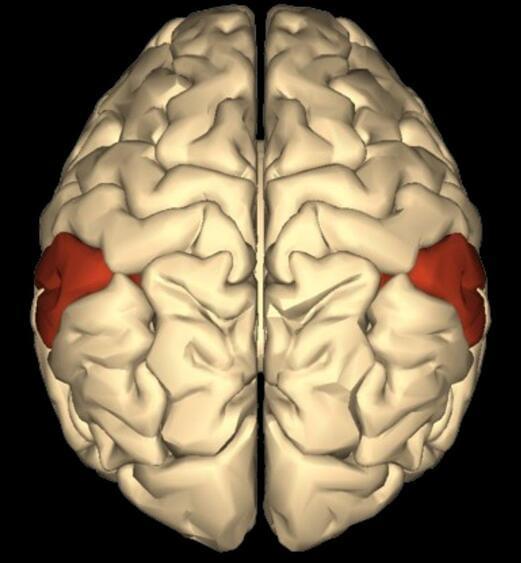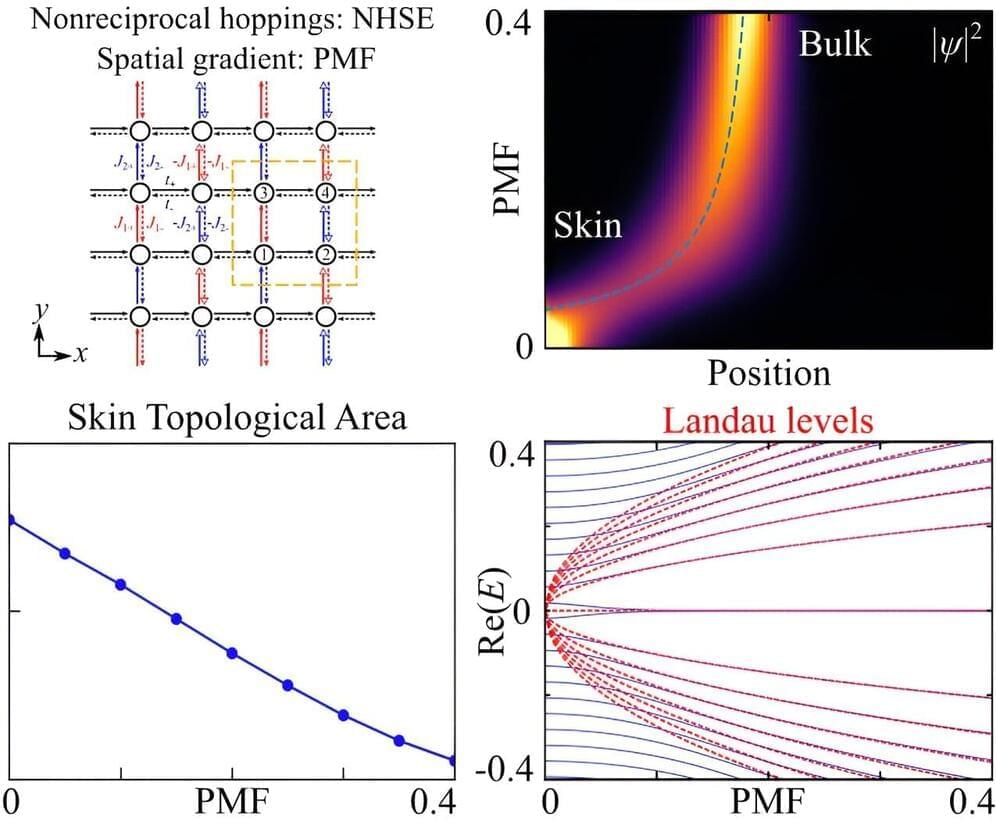
In good news for future animation figureheads, there might be a new way to revive frozen brains without damaging them. Scientists in China have developed a new chemical concoction that lets brain tissue function again after being frozen.
Freezing is effective at keeping organic material from decomposing, but it still causes damage. As the water inside turns to ice, the crystals tear apart the cells. That’s why frozen meat or fruit goes a bit mushy after it’s defrosted – but a bigger problem is that it also happens with organs or tissues chilled for transplant or research.
For the new study, scientists at Fudan University in China experimented with various chemical compounds to see which ones might work to preserve living brain tissue during freezing. They started by testing out promising chemicals on brain organoids – small, lab-grown lumps of brain tissue that develop into different types of related cells.

















